
A Creative Commons (CC) license is one of several public copyright licenses that enable the free distribution of an otherwise copyrighted "work". A CC license is used when an author wants to give other people the right to share, use, and build upon a work that the author has created. CC provides an author flexibility and protects the people who use or redistribute an author's work from concerns of copyright infringement as long as they abide by the conditions that are specified in the license by which the author distributes the work.
A software license is a legal instrument governing the use or redistribution of software. Under United States copyright law, all software is copyright protected, in both source code and object code forms, unless that software was developed by the United States Government, in which case it cannot be copyrighted. Authors of copyrighted software can donate their software to the public domain, in which case it is also not covered by copyright and, as a result, cannot be licensed.
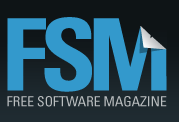
Free Software Magazine is a Web site that produces a mostly free-content online magazine about free software.

The free-culture movement is a social movement that promotes the freedom to distribute and modify the creative works of others in the form of free content or open content without compensation to, or the consent of, the work's original creators, by using the Internet and other forms of media.
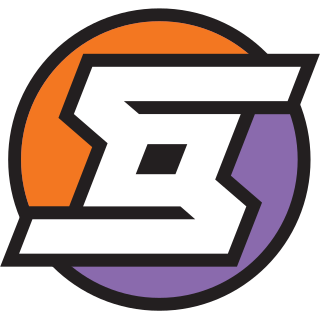
Warsow, also stylized as War§ow, is an open source first-person shooter video game.
This comparison only covers software licenses which have a linked Wikipedia article for details and which are approved by at least one of the following expert groups: the Free Software Foundation, the Open Source Initiative, the Debian Project and the Fedora Project. For a list of licenses not specifically intended for software, see List of free-content licences.
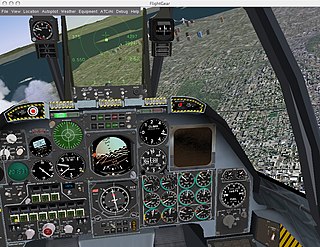
An open-source video game, or simply an open-source game, is a video game whose source code is open-source. They are often freely distributable and sometimes cross-platform compatible.
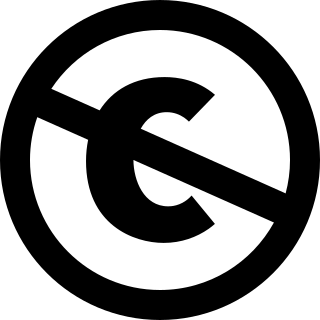
Public-domain software is software that has been placed in the public domain, in other words, software for which there is absolutely no ownership such as copyright, trademark, or patent. Software in the public domain can be modified, distributed, or sold even without any attribution by anyone; this is unlike the common case of software under exclusive copyright, where licenses grant limited usage rights.

The WTFPL is a permissive free software license. As a public domain like license, the WTFPL is essentially the same as dedication to the public domain. It allows redistribution and modification of the work under any terms. The title is an abbreviation of "Do What The Fuck You Want To Public License".

Public-domain-equivalent license are licenses that grant public-domain-like rights and/or act as waivers. They are used to make copyrighted works usable by anyone without conditions, while avoiding the complexities of attribution or license compatibility that occur with other licenses.
The following outline is provided as an overview of and topical guide to free software and the free software movement:
Companies whose business centers on the development of open-source software employ a variety of business models to solve the challenge of how to make money providing software that is by definition licensed free of charge. Each of these business strategies rests on the premise that users of open-source technologies are willing to purchase additional software features under proprietary licenses, or purchase other services or elements of value that complement the open-source software that is core to the business. This additional value can be, but not limited to, enterprise-grade features and up-time guarantees to satisfy business or compliance requirements, performance and efficiency gains by features not yet available in the open source version, legal protection, or professional support/training/consulting that are typical of proprietary software applications.

Yo Frankie! is an open source video game made by the Blender Institute, part of the Blender Foundation, originally scheduled for release in August 2008. It is based on the universe and characters of the free film produced earlier in 2008 by the Blender Institute, Big Buck Bunny. Like the Blender Institute's previous open film projects, the game is made using free software. Yo Frankie! runs on any platform that runs Blender and Crystal Space, including Linux, macOS and Microsoft Windows.
Creative Commons is maintaining a content directory wiki of organizations and projects using Creative Commons licenses. On its website CC also provides case studies of projects using CC licenses across the world. CC licensed content can also be accessed through a number of content directories and search engines.

Frogatto & Friends is a platform game with adventure elements released in July 2010. The game received positive reviews, particularly for its "gorgeous" pixel art. The game is cross-platform and runs on Linux, AmigaOS4, AROS, Mac OS X, Microsoft Windows, iOS and BlackBerry Tablet OS. The game uses an open-source engine, with game data mostly proprietary and partly under Creative Commons BY license.
A public license or public copyright licenses is a license by which a copyright holder as licensor can grant additional copyright permissions to any and all persons in the general public as licensees. By applying a public license to a work, provided that the licensees obey the terms and conditions of the license, copyright holders give permission for others to copy or change their work in ways that would otherwise infringe copyright law.
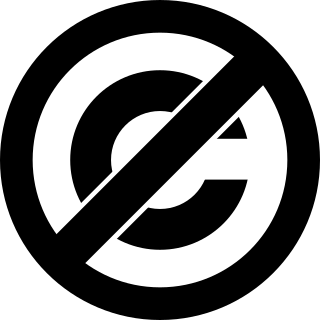
The Unlicense is a public domain equivalent license for software which provides a public domain waiver with a fall-back public-domain-like license, similar to the CC Zero for cultural works. It includes language used in earlier software projects and has a focus on an anti-copyright message.










